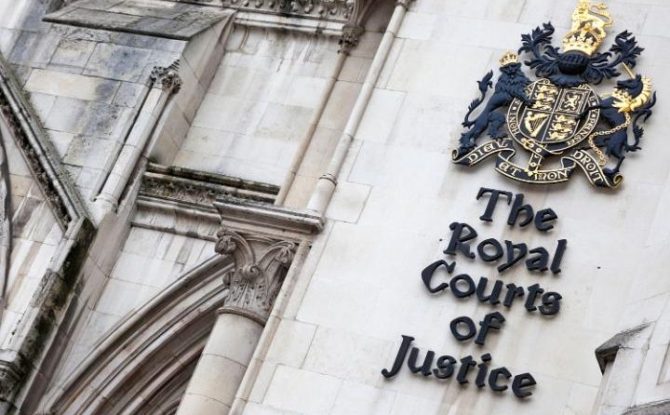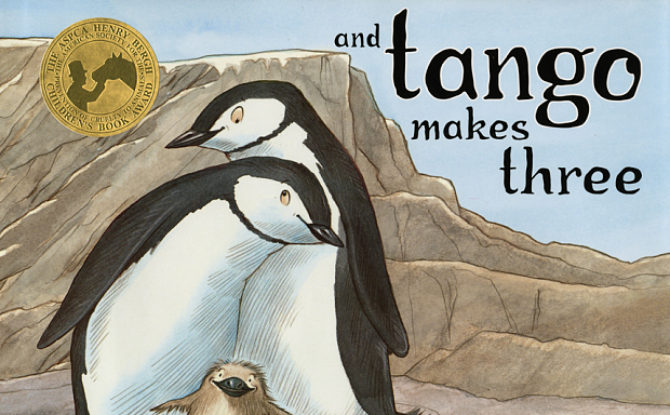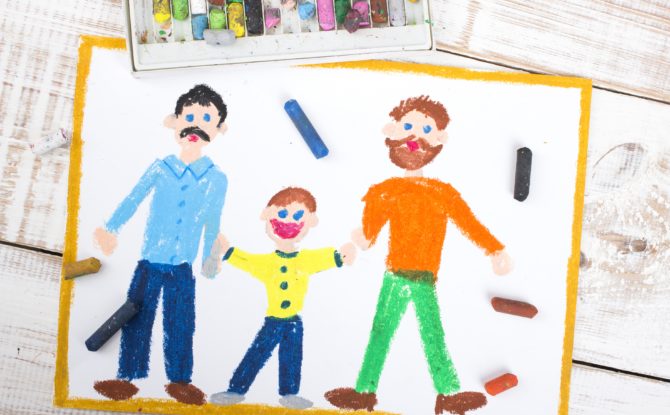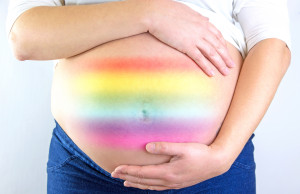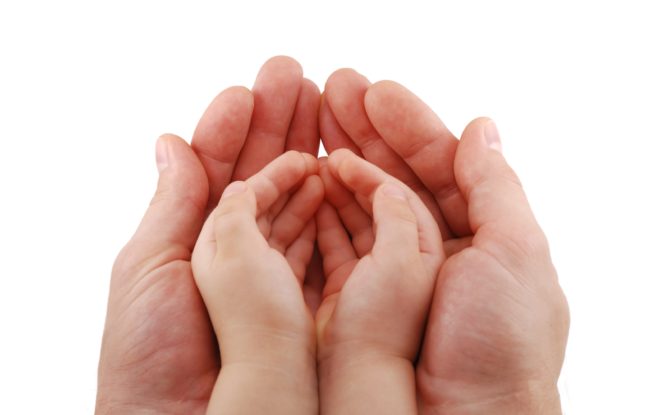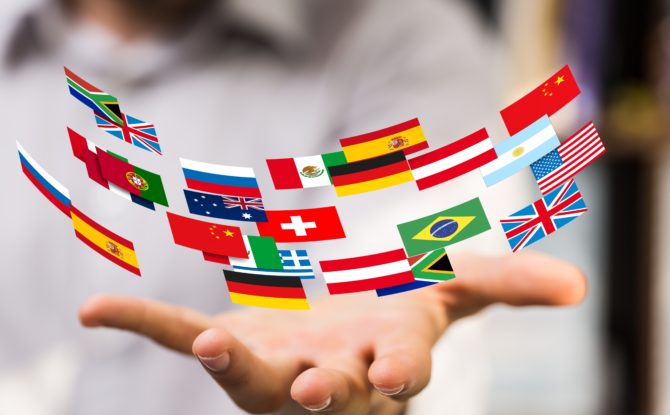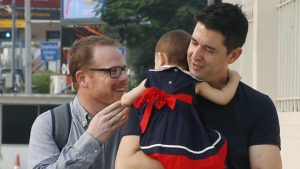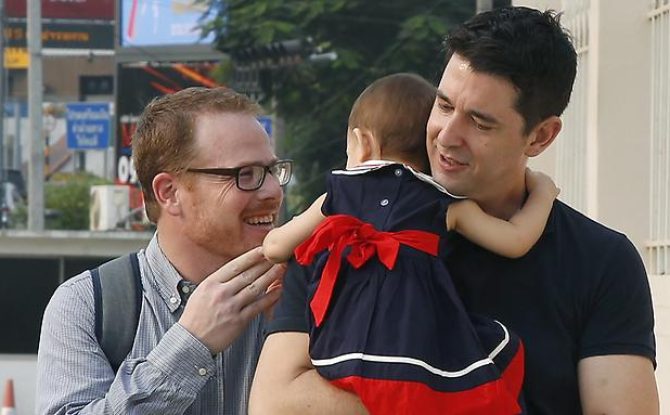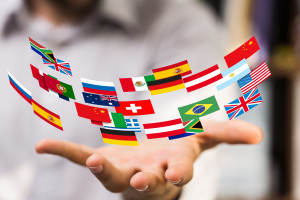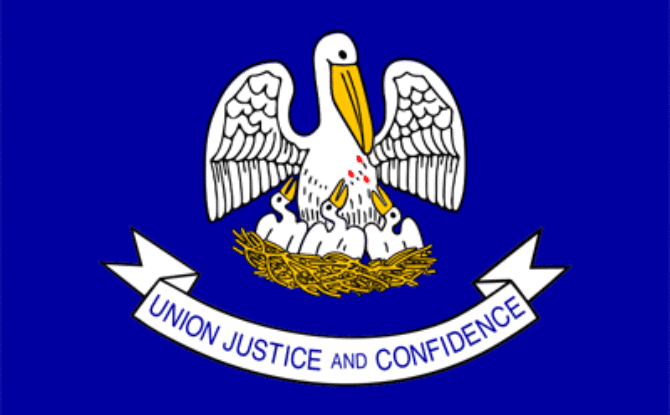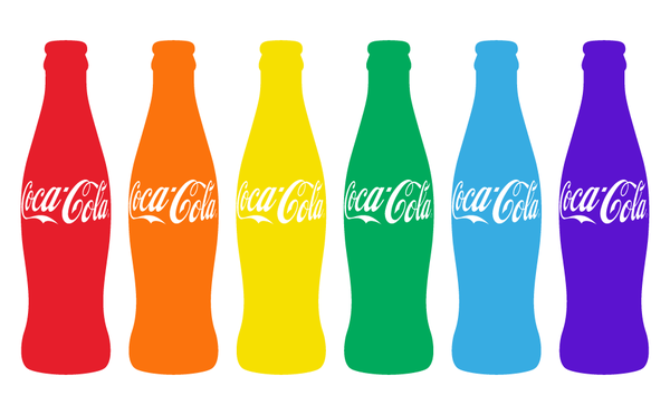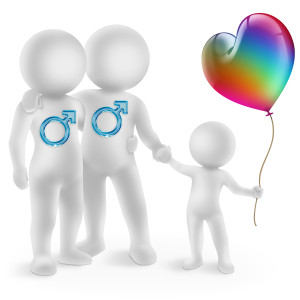Sir James Munby, the President of the High Court Family Division, has made a formal declaration that UK law discriminates against single parents with children born through surrogacy and is incompatible with their human rights.
The case concerns a British biological father of a 21 month old boy known as ‘Z’, who was born through a US surrogacy arrangement and lives with his single father in the UK. Last September the High Court ruled that it could not grant our client a UK parental order (the order needed to extinguish the responsibilities of the surrogate and to issue a UK birth certificate for Z), because UK surrogacy law only allows couples, and not single parents, to apply. The court ruled that the US surrogate who carried Z (who lives in the USA, is not his biological mother and has no legal status there) has sole decision-making rights in the UK. Z was made a ward of court, which means the court safeguards his welfare and makes decisions about his care.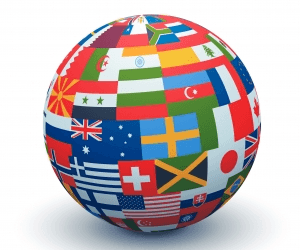
The President of the Family Division has now declared that the law is incompatible with the father’s and the child’s human rights, and discriminates against them. In an unprecedented move, the Secretary of State for Health decided not to oppose the father’s application, conceding that UK law breached human rights legislation and consenting to the court making a declaration of incompatibility. Although only Parliament can change the law, declarations of incompatibility under the Human Rights Act are unusual and carry significant weight: only 20 final declarations have ever been made, and all but one have prompted the law being changed. However, the government has not yet said whether it plans to push forward reform.
Responding to the judgment, Z’s father said: “I am delighted by today’s ruling which finally confirms that the law is discriminatory against both my family and others in the same situation. I persevered with the legal action because I strongly felt that my son should be in the same legal position as others born through surrogacy. I have a son who I love dearly and as part of this process there was a rigorous court assessment that confirms that I am a good parent. I am now eagerly waiting to hear what the Government will do so my son does not need to indefinitely remain a ward of court.”
Elizabeth Isaacs QC, his barrister, said: “Declarations of incompatibility are rarely made, so this is a very significant decision. Having consented to the declaration, there is no reason why the government should not take swift action to change the law. We hope that the law will be changed to enable a parental order to be granted for Z as soon as possible.”Through our work at NGA and Brilliant Beginnings, we have long felt the impact of surrogacy law’s exclusion of single parents, even though single parents can and do conceive children through surrogacy (just as they build families through adoption and other forms of assisted reproduction). The UK has a proud tradition of taking a progressive approach to assisted reproduction and non-traditional families, and the current surrogacy laws are a glaring anomaly which fail to uphold our most fundamental values of safeguarding children’s welfare. The law needs to change so that Z, and dozens of other children born through surrogacy to single parents, can be rescued from legal limbo.
Click here to read the entire blog post.
May 21, 2016, by Natalie Gamble

